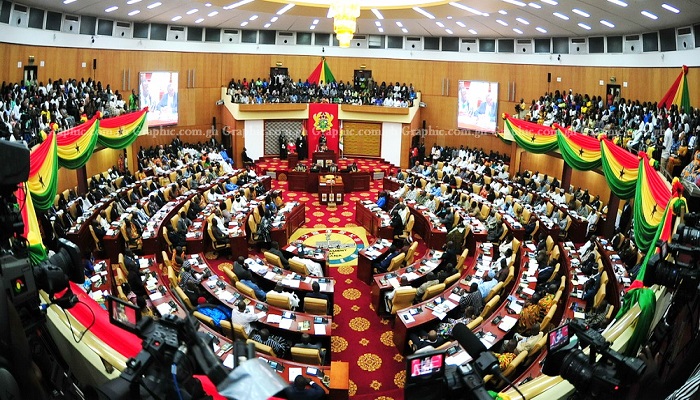The Right to Information Bill has been re-laid in Parliament and expected to go through the normal legislative process for passage.
Members of Parliament had earlier unanimously voted to withdraw the bill which was previously laid under a certificate of urgency.
The Bill was referred to the House’s Joint Committees on Constitutional, Legal and Parliamentary Affairs, and Communications just before the House went on recess amidst immense public pressure for a speedy passage.
But the Joint Committee in its report cautioned against a hasty passage of the Bill and recommended that it goes through the normal legislative processes.
Chairman of the Constitutional, Legal and Parliamentary Affairs Committee, Ben Abdallah Banda said, “When we met, the committee came to the agreement that given the interest that the public has in the bill, we cannot take it under the certificate of urgency, and therefore the committee recommended to take it through the normal legislative process.”
About RTI
The right to information is a fundamental human right guaranteed by the country’s 1992 Constitution and recognized as a right under International Conventions on Human rights. The bill as it has been drafted is to give substance to Article 21 (1) (f) of the Constitution which states that “All persons shall have the right to information subject to such qualifications and laws as are necessary in a democratic society.”
The back and forth
The Right to Information Bill was first drafted in 1999 under the former president, Jerry John Rawlings.
Various advocacy groups emerged to press for the immediate passing of the bill into law in 2002. The draft bill was reviewed in 2003, 2005 and 2007.
The National Democratic Congress (NDC) in its 2008 and 2012 election manifestos promised to ensure the bill was passed. In 2010, the bill was presented to Parliament for consideration.
In 2011, the government signed unto the Open Government Partnership (OGP) Initiative with a commitment to pass the bill. In November 2013, the bill was formally laid before parliament.
Former Deputy Attorney General, Dominic Ayine in 2015, moved the bill for second reading in Parliament. In October 2016, the bill was withdrawn and replaced with a new one which was immediately laid.
Following the dissolution of the Sixth Parliament of the Fourth Republic and the swearing-in of new Parliament in January 2017, the bill was no longer in Parliament and had to be re-laid by the new government before work commences on it again.
Source: citinewsroom.com














